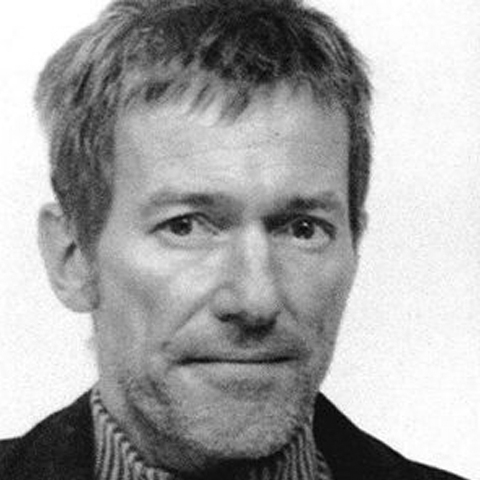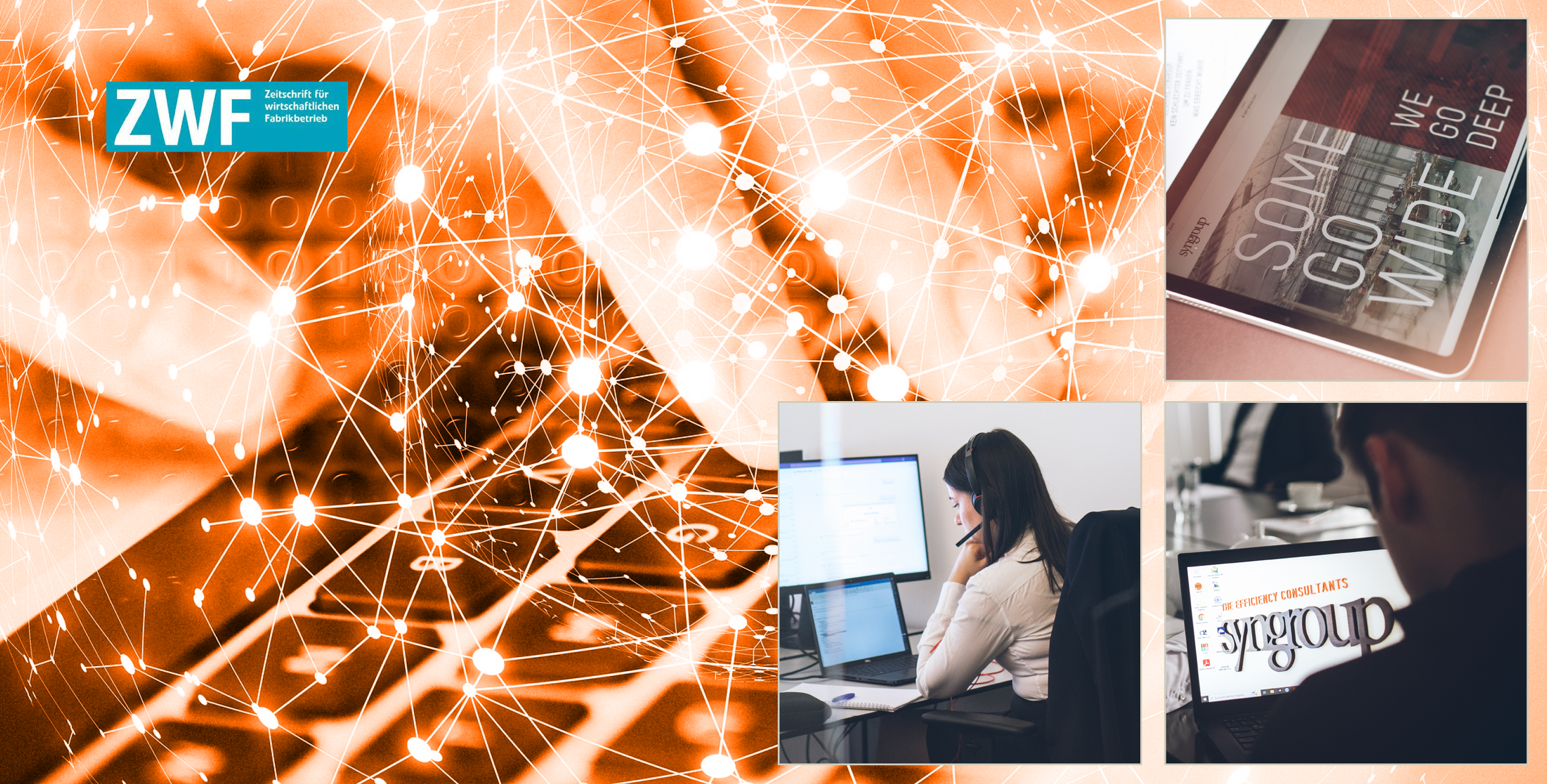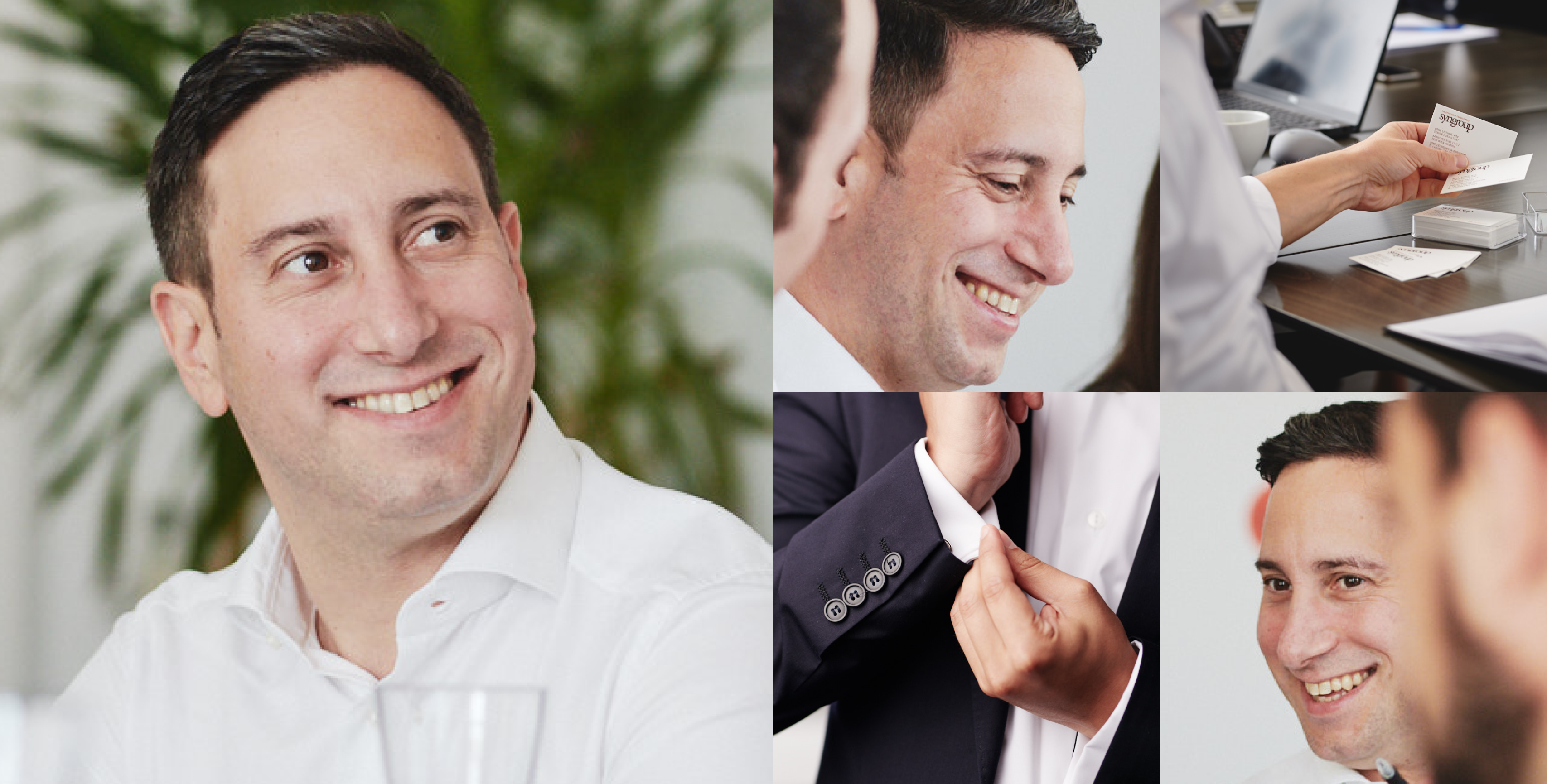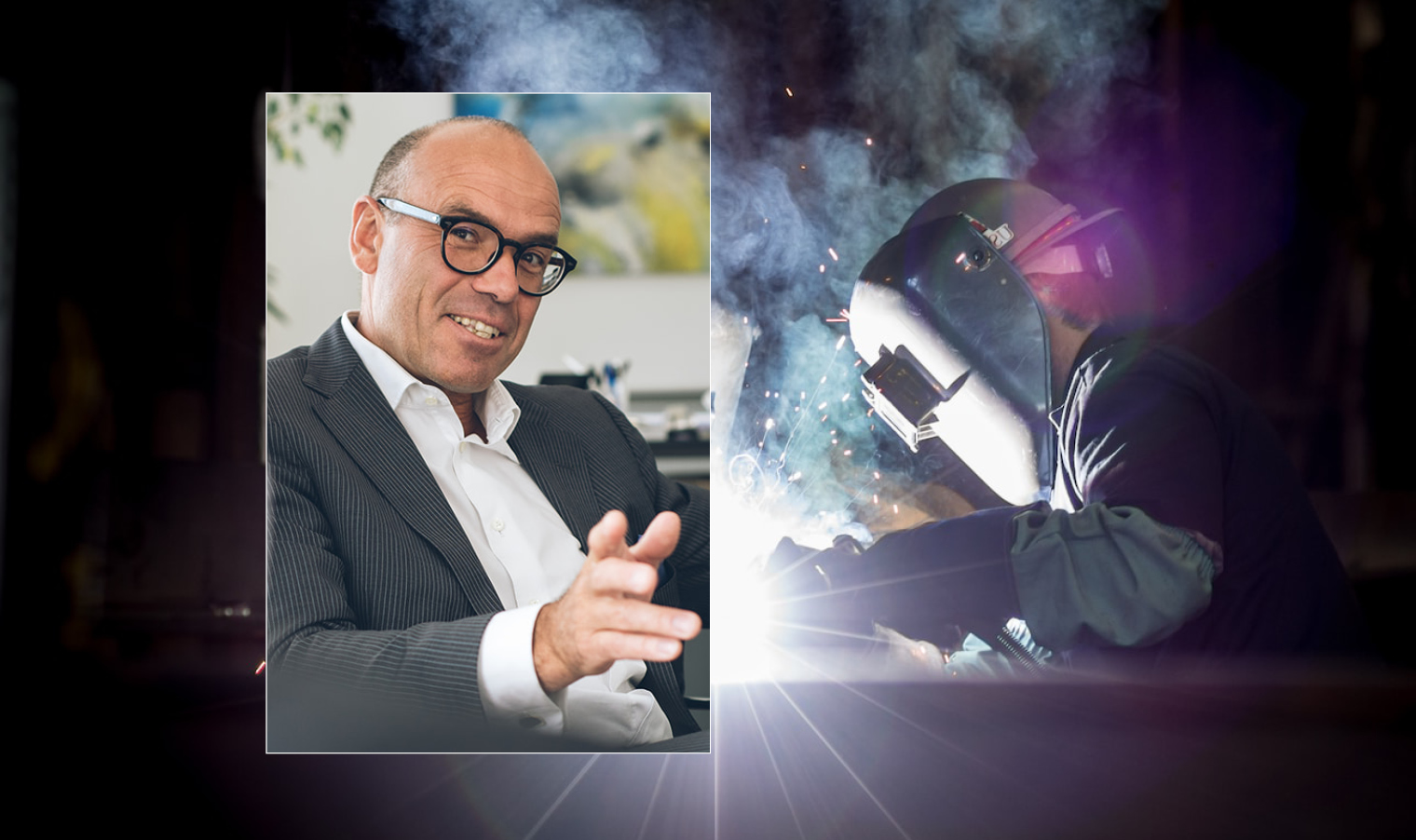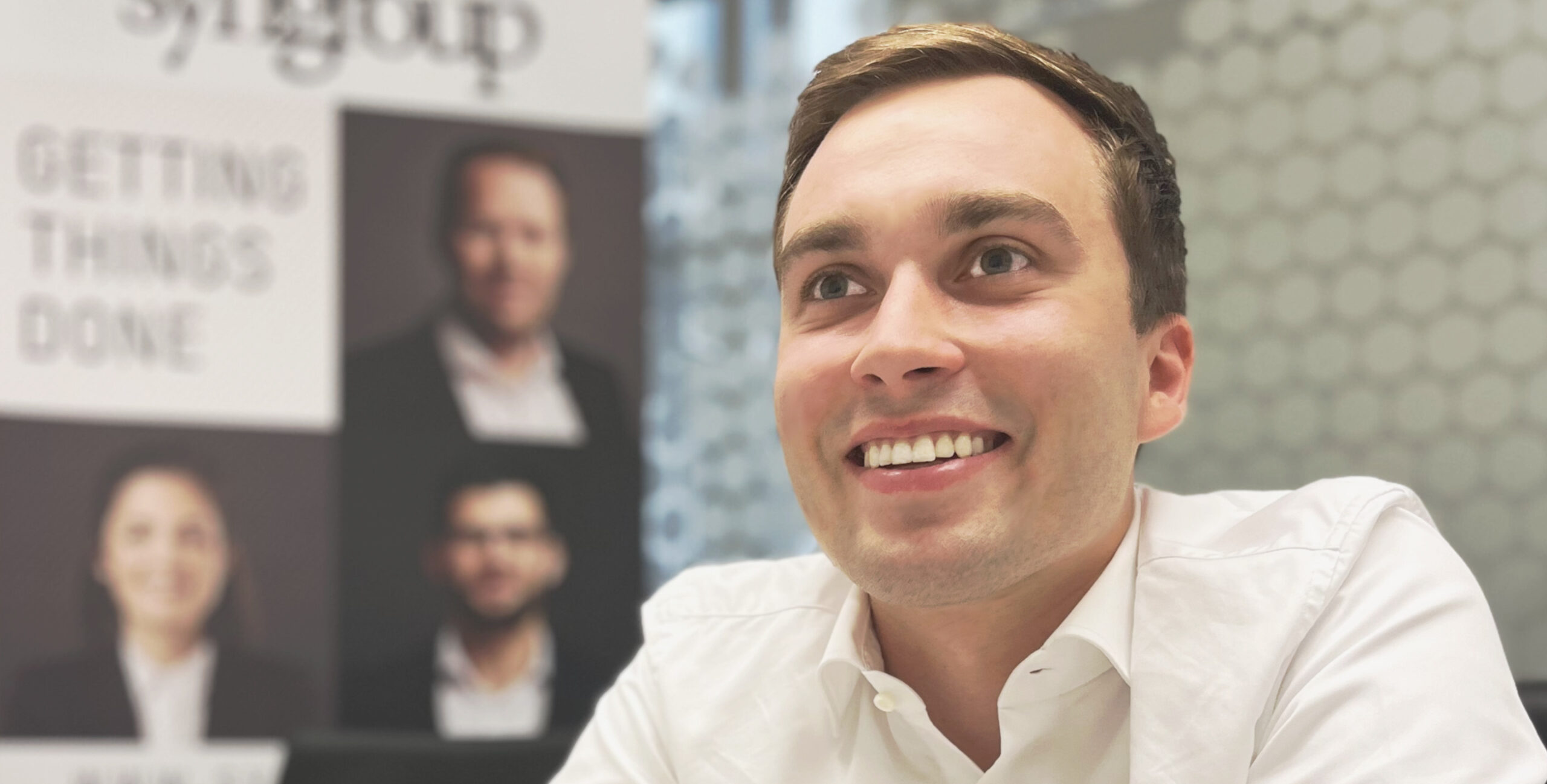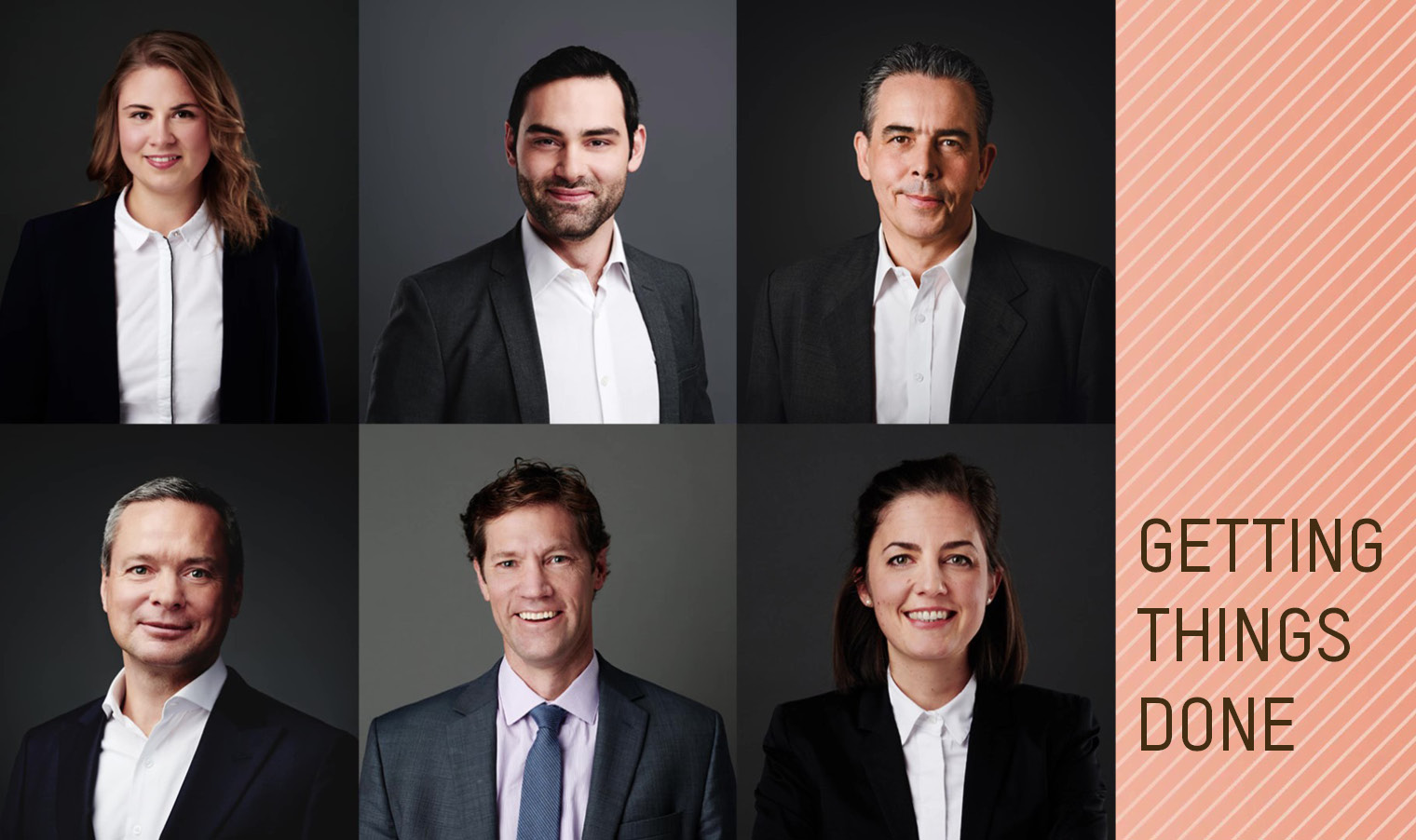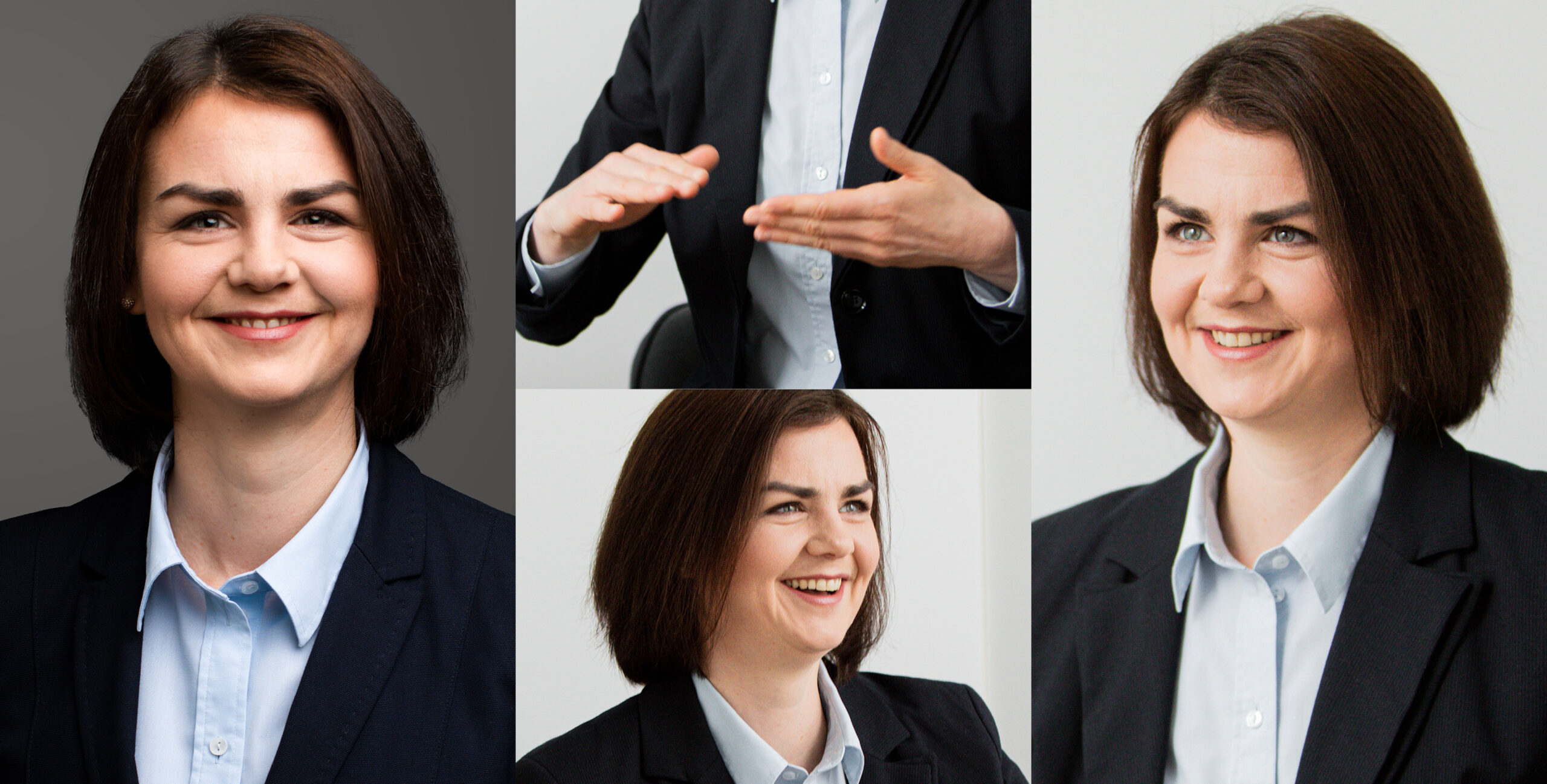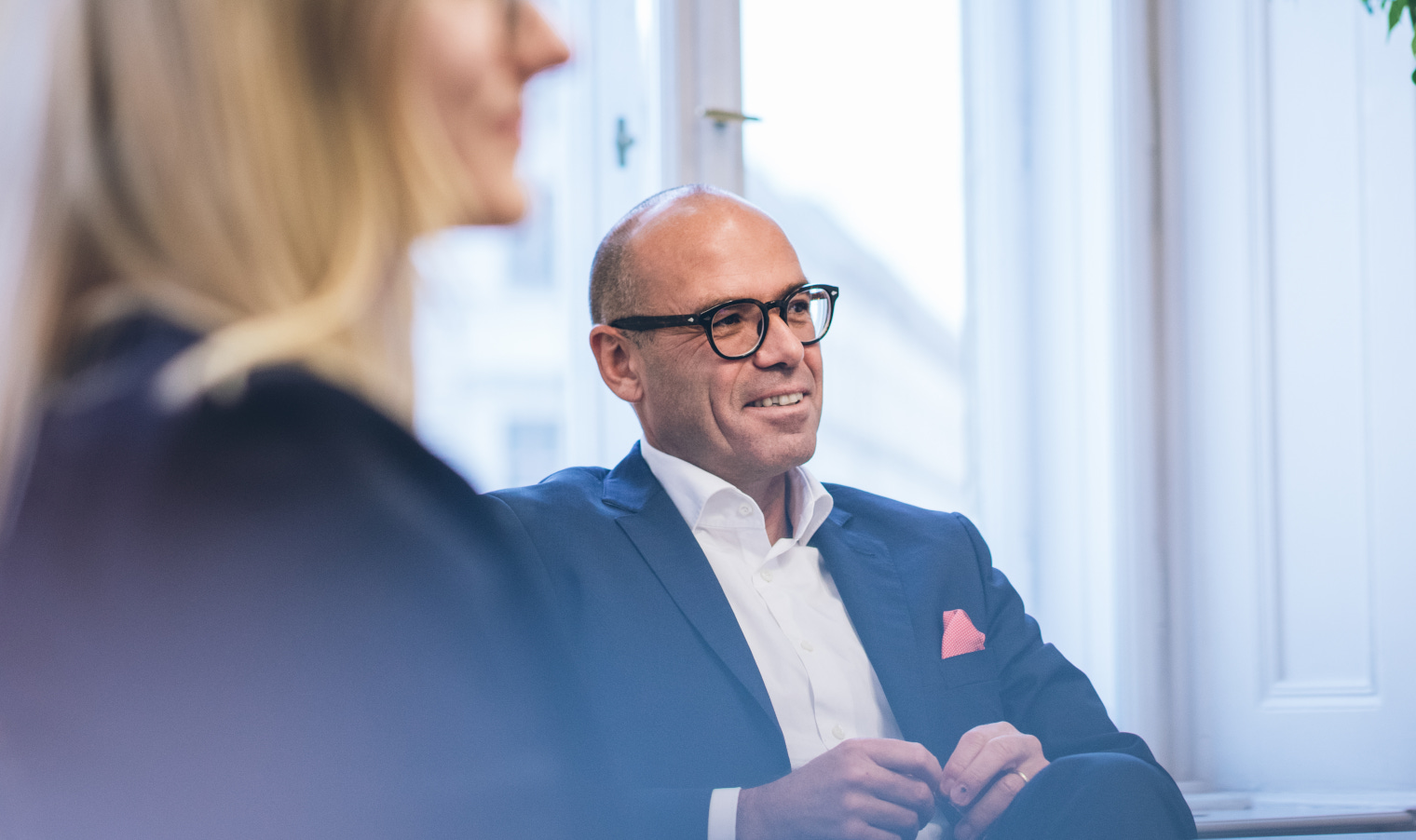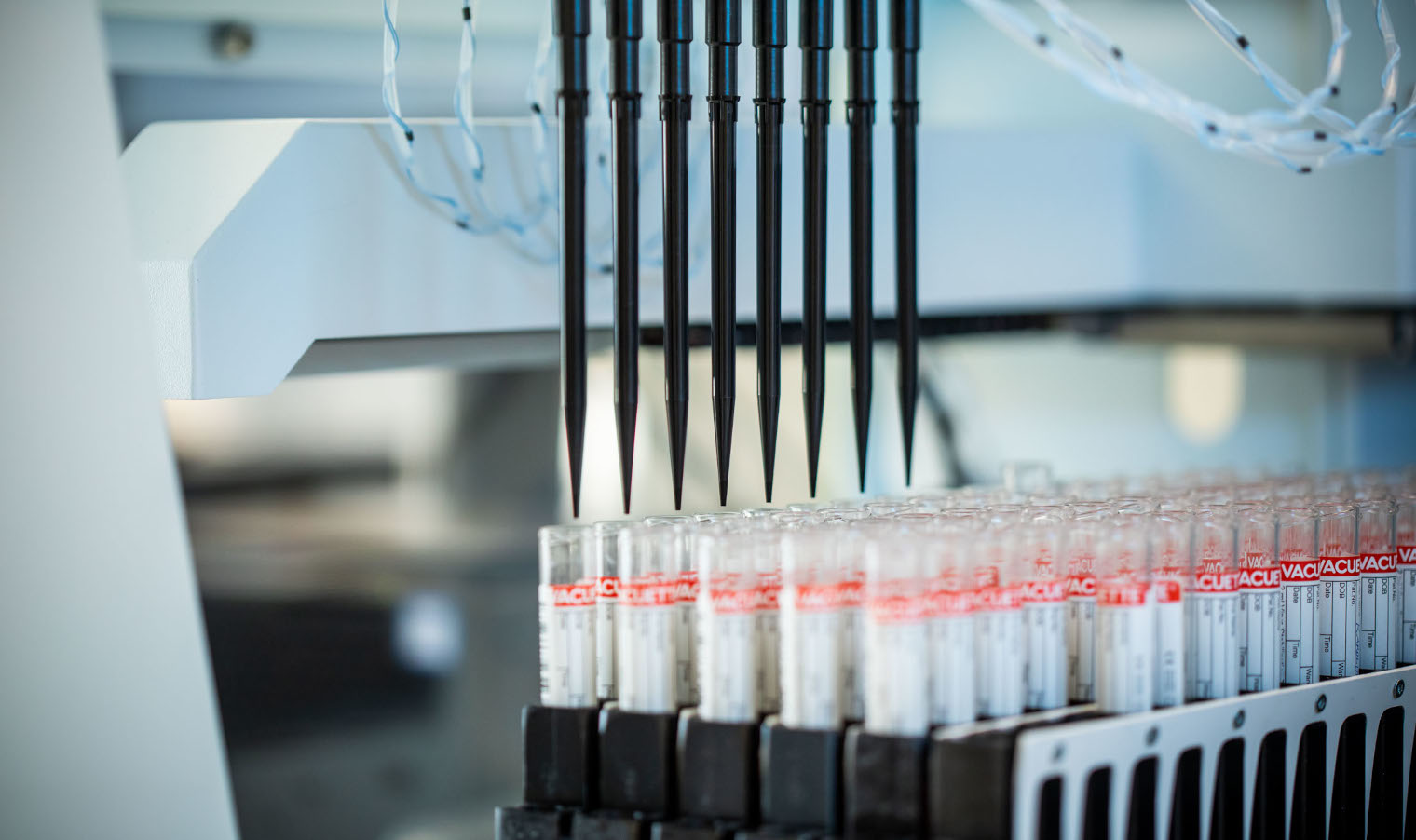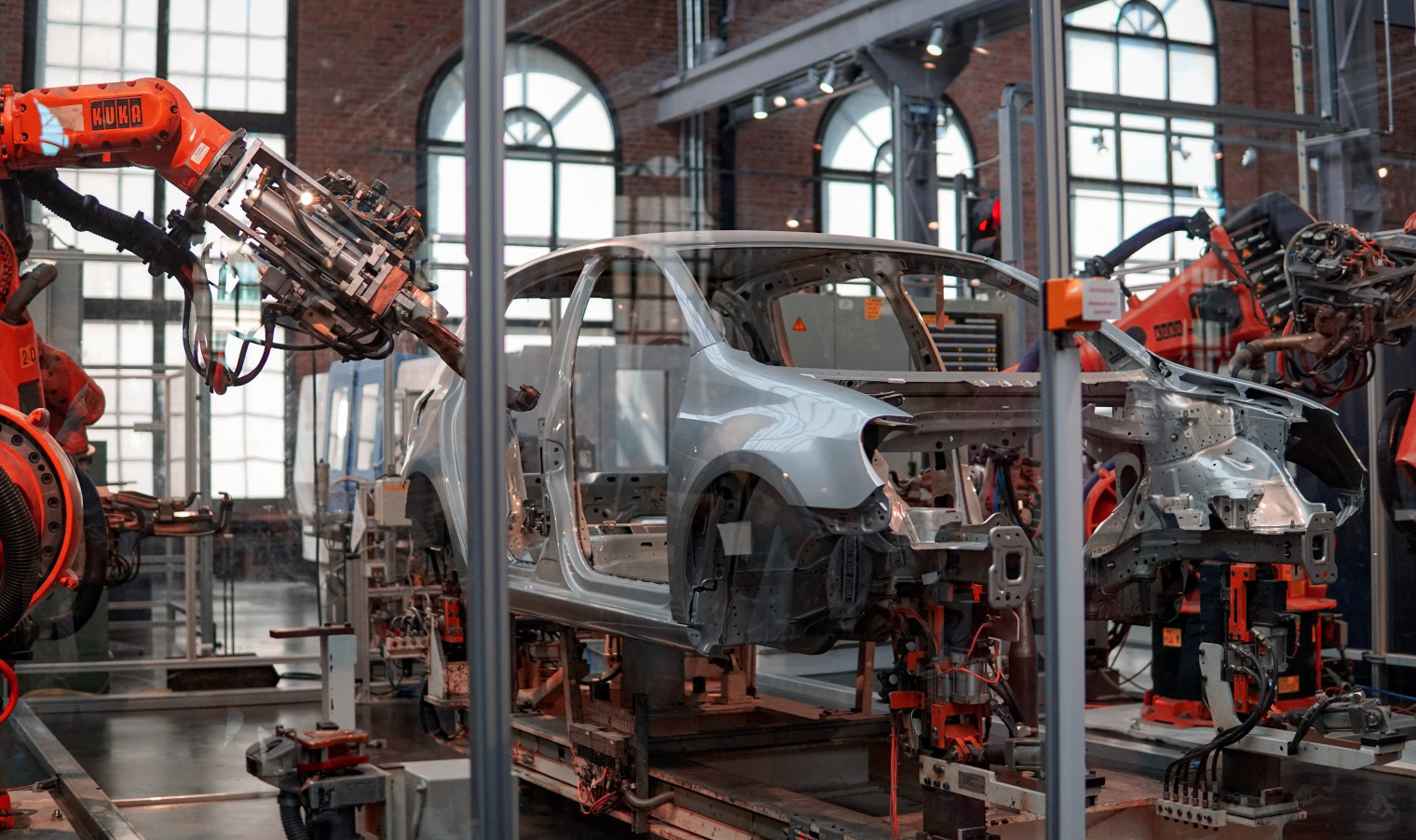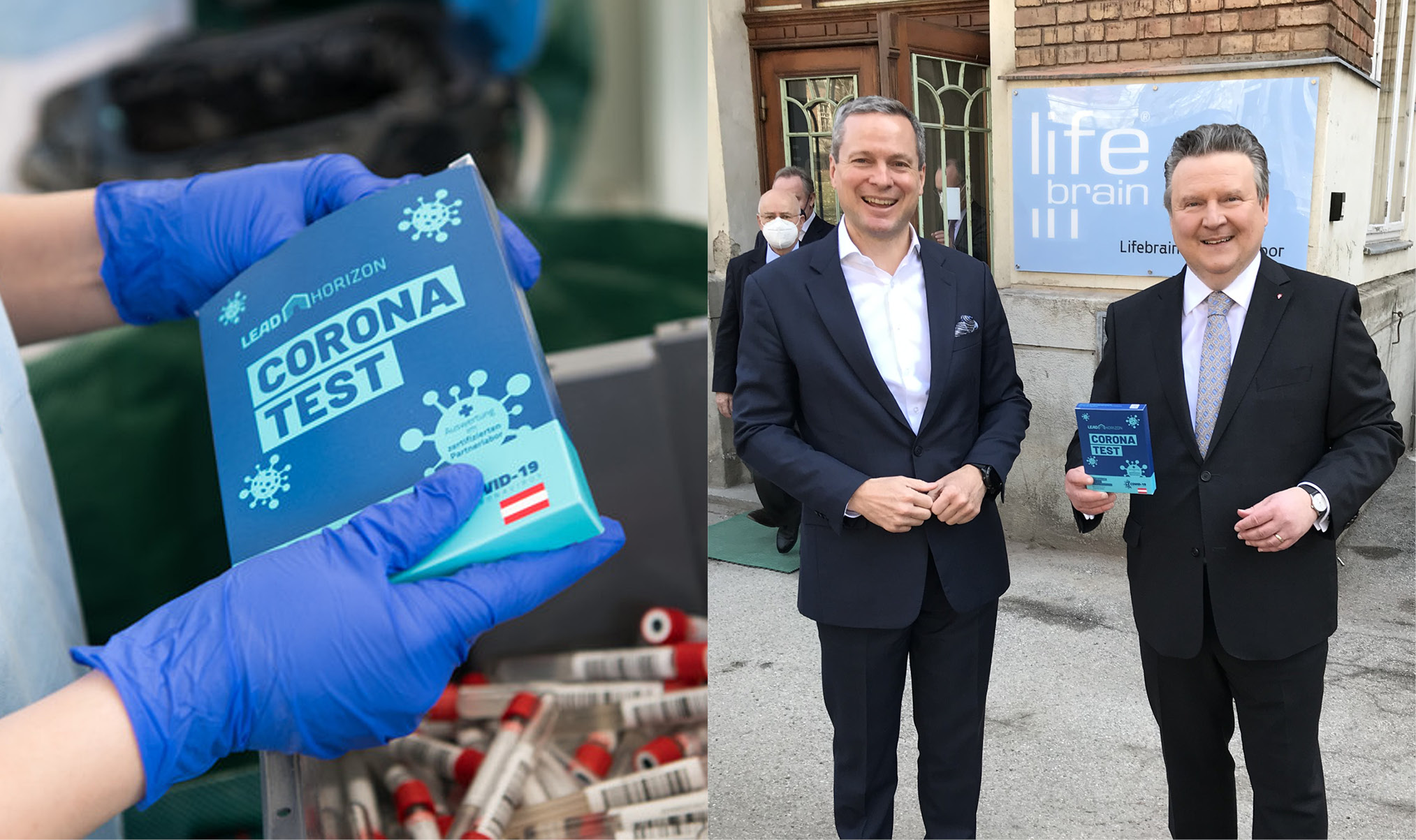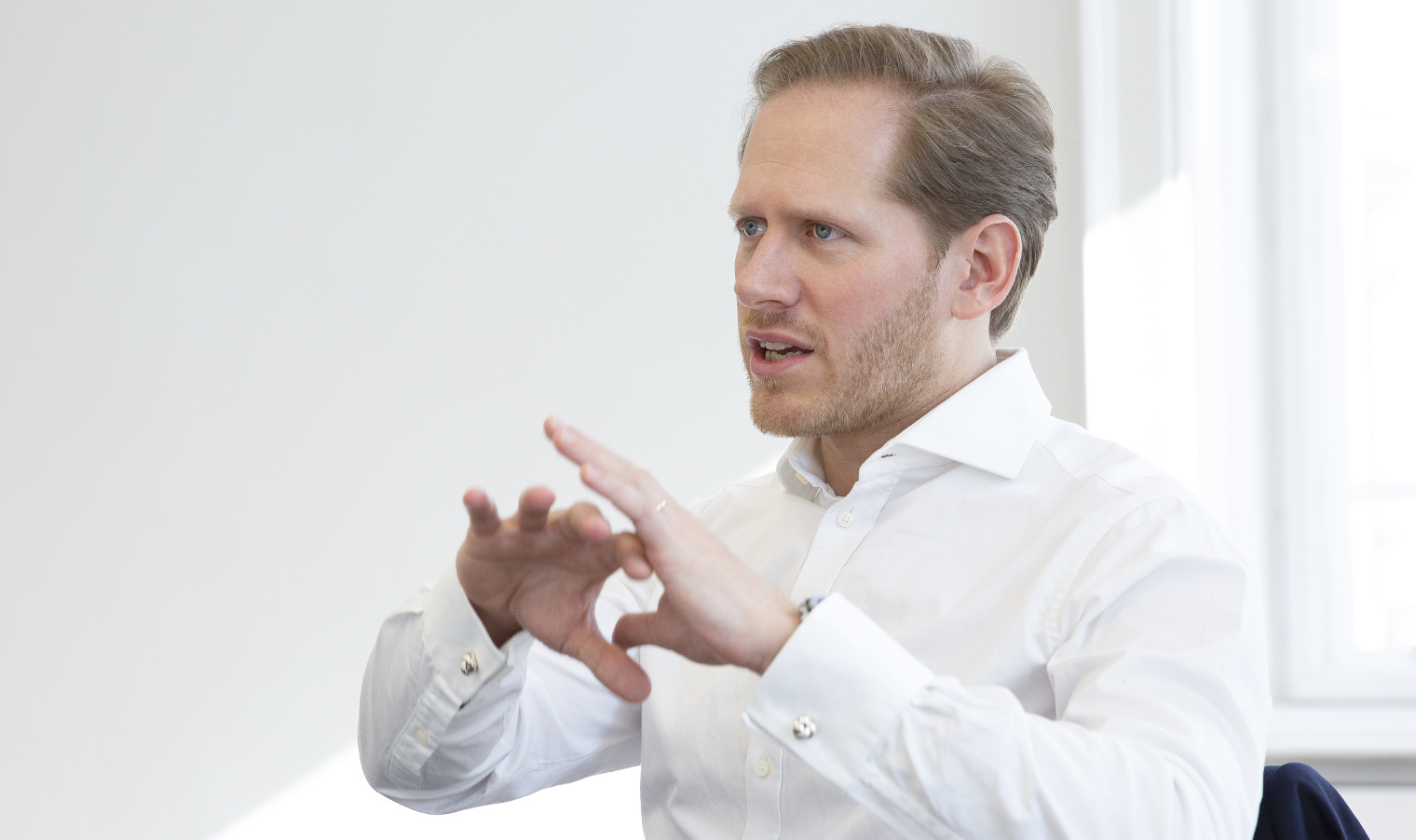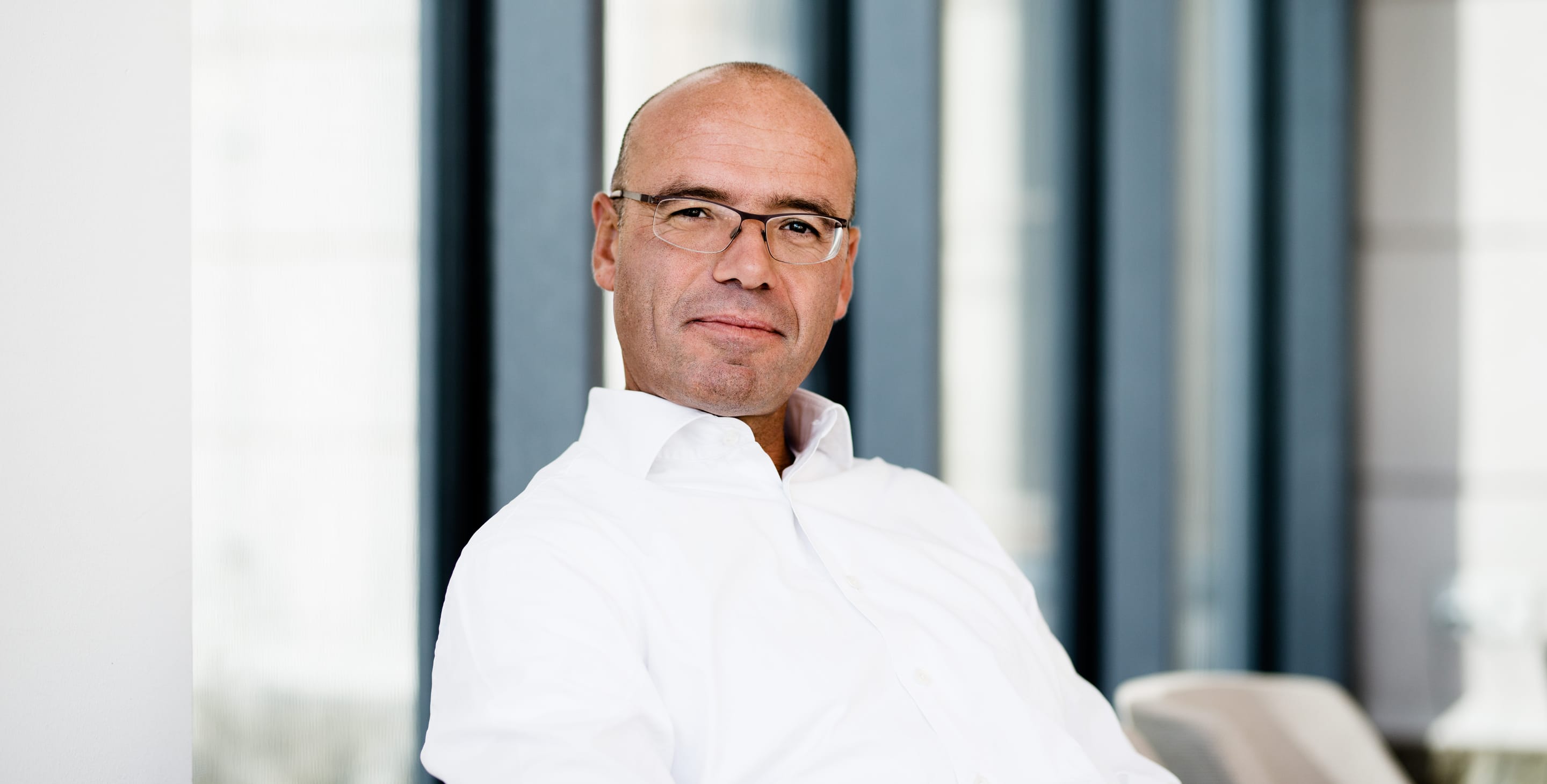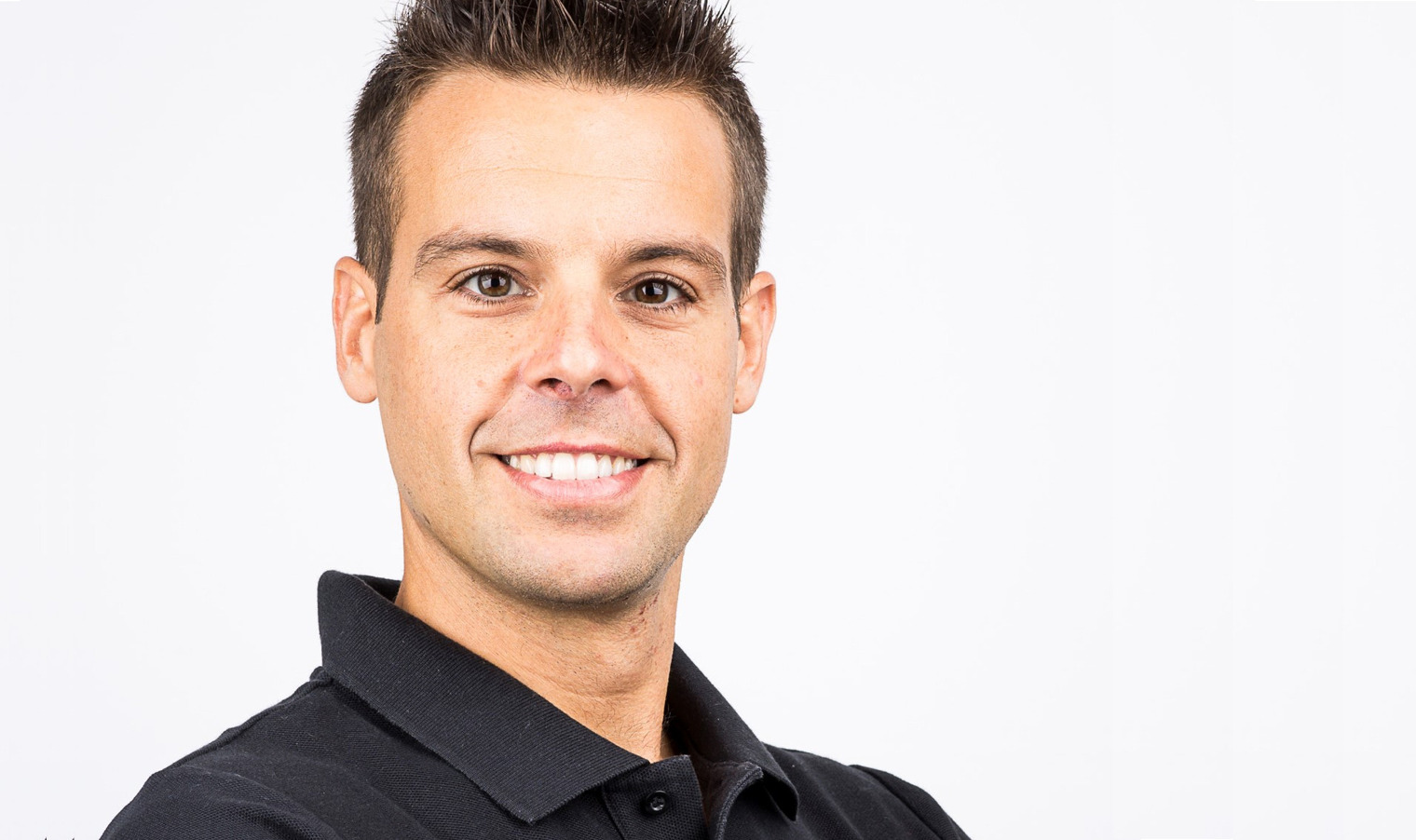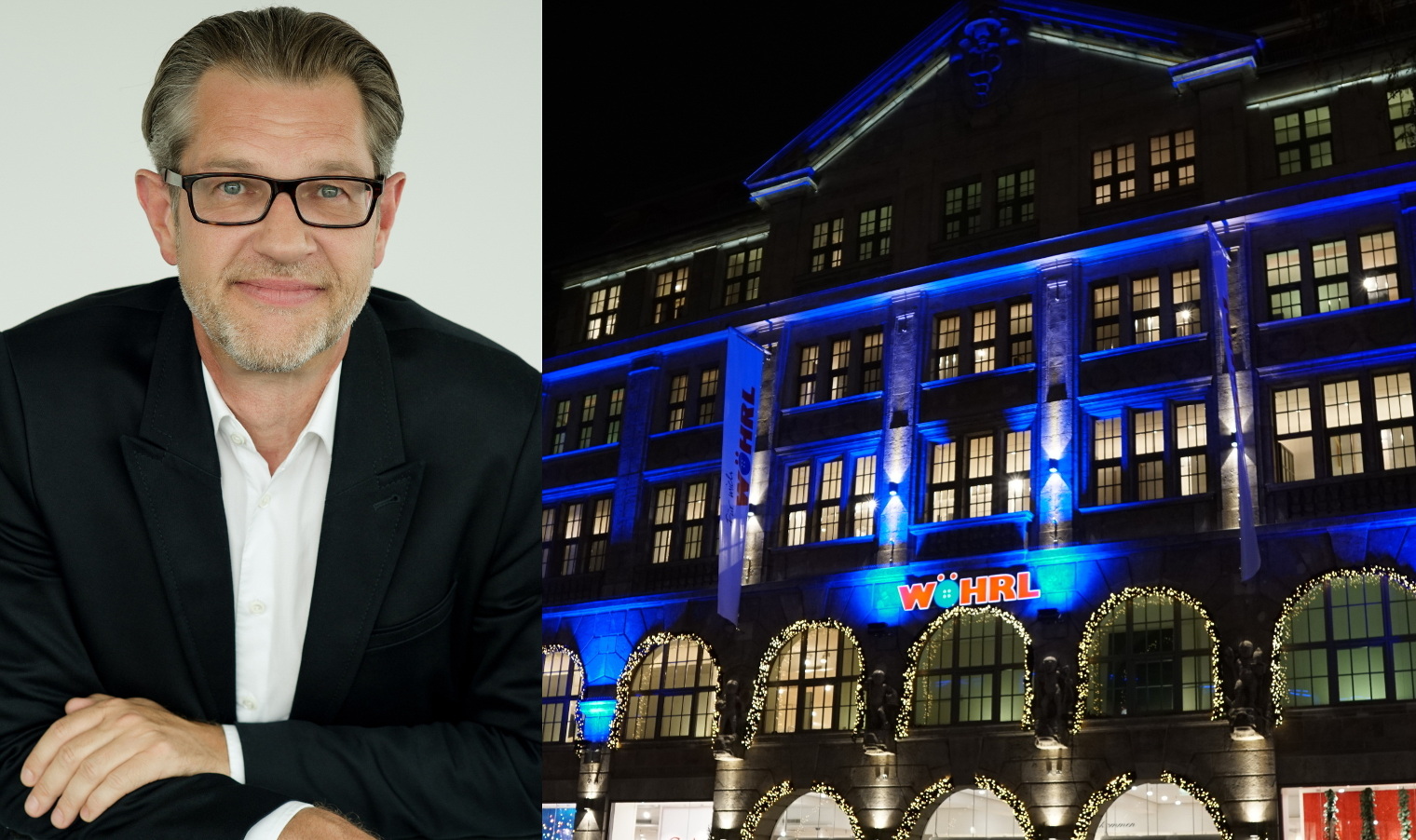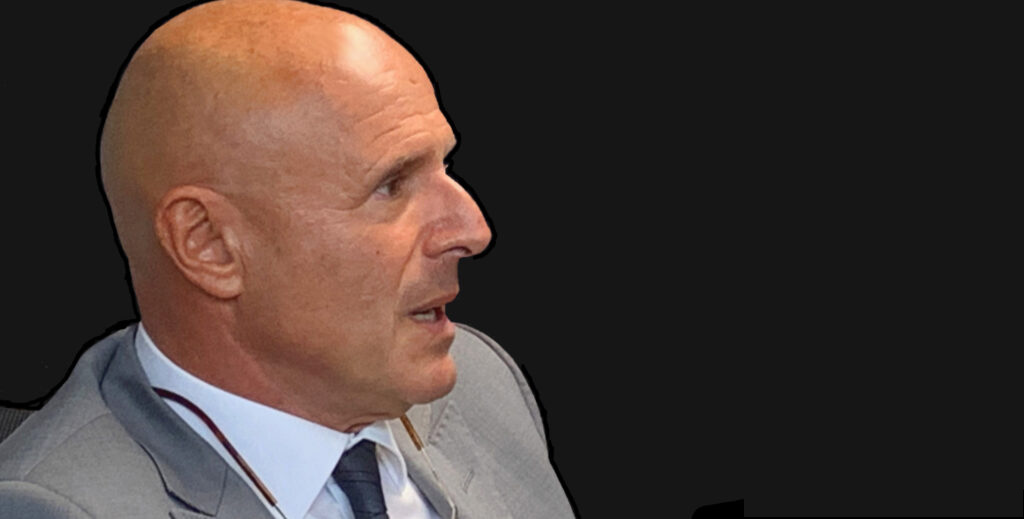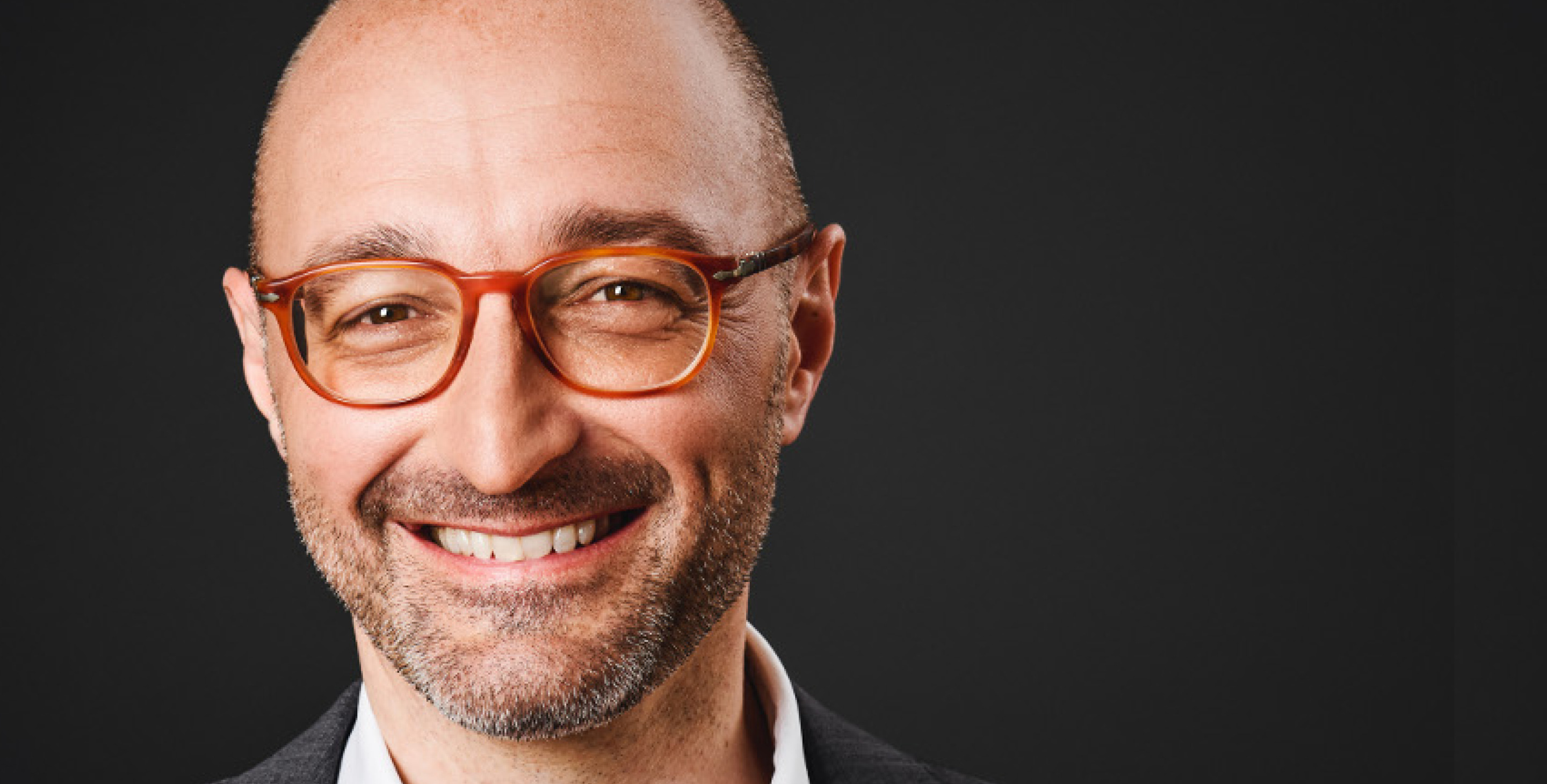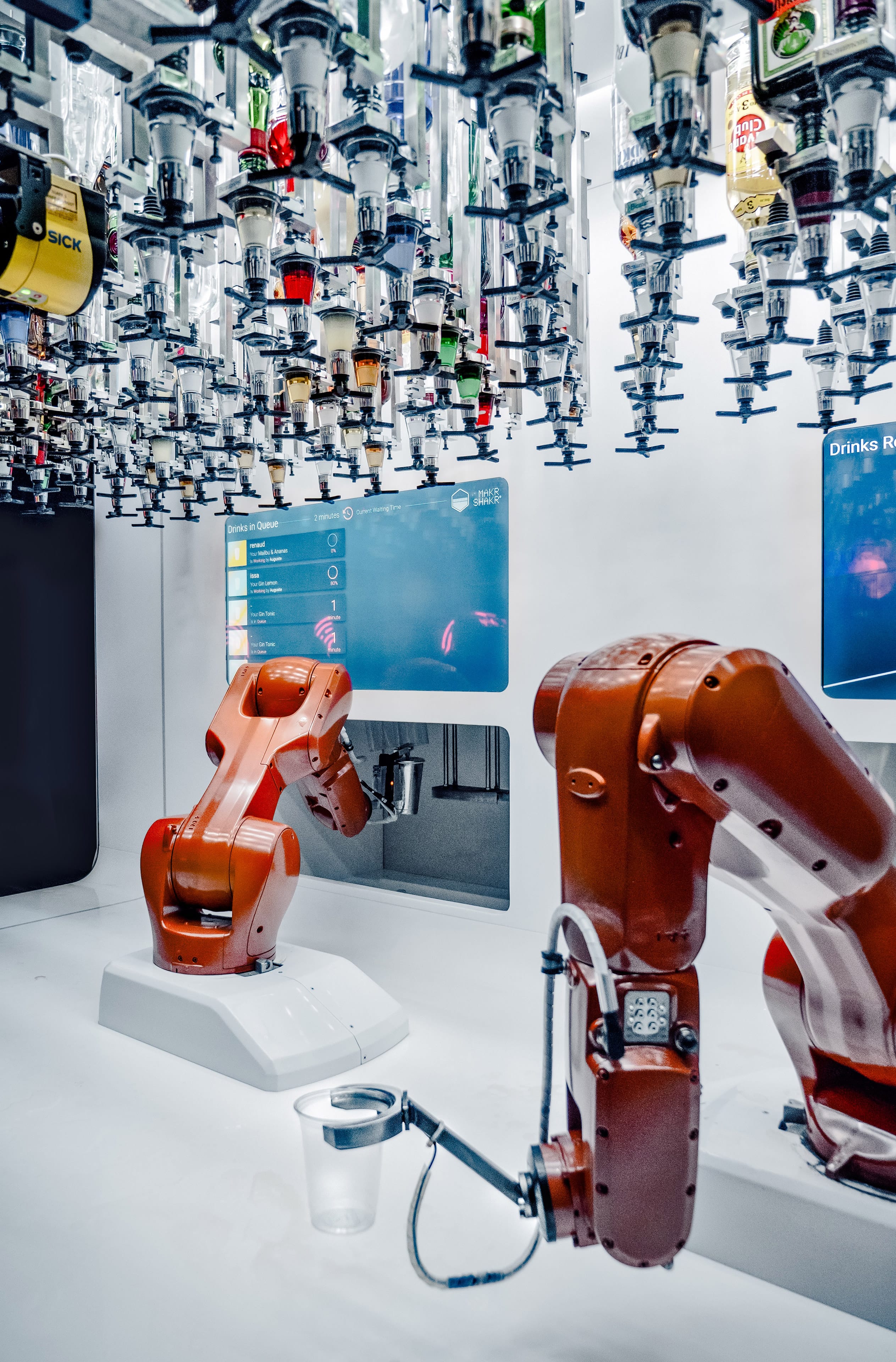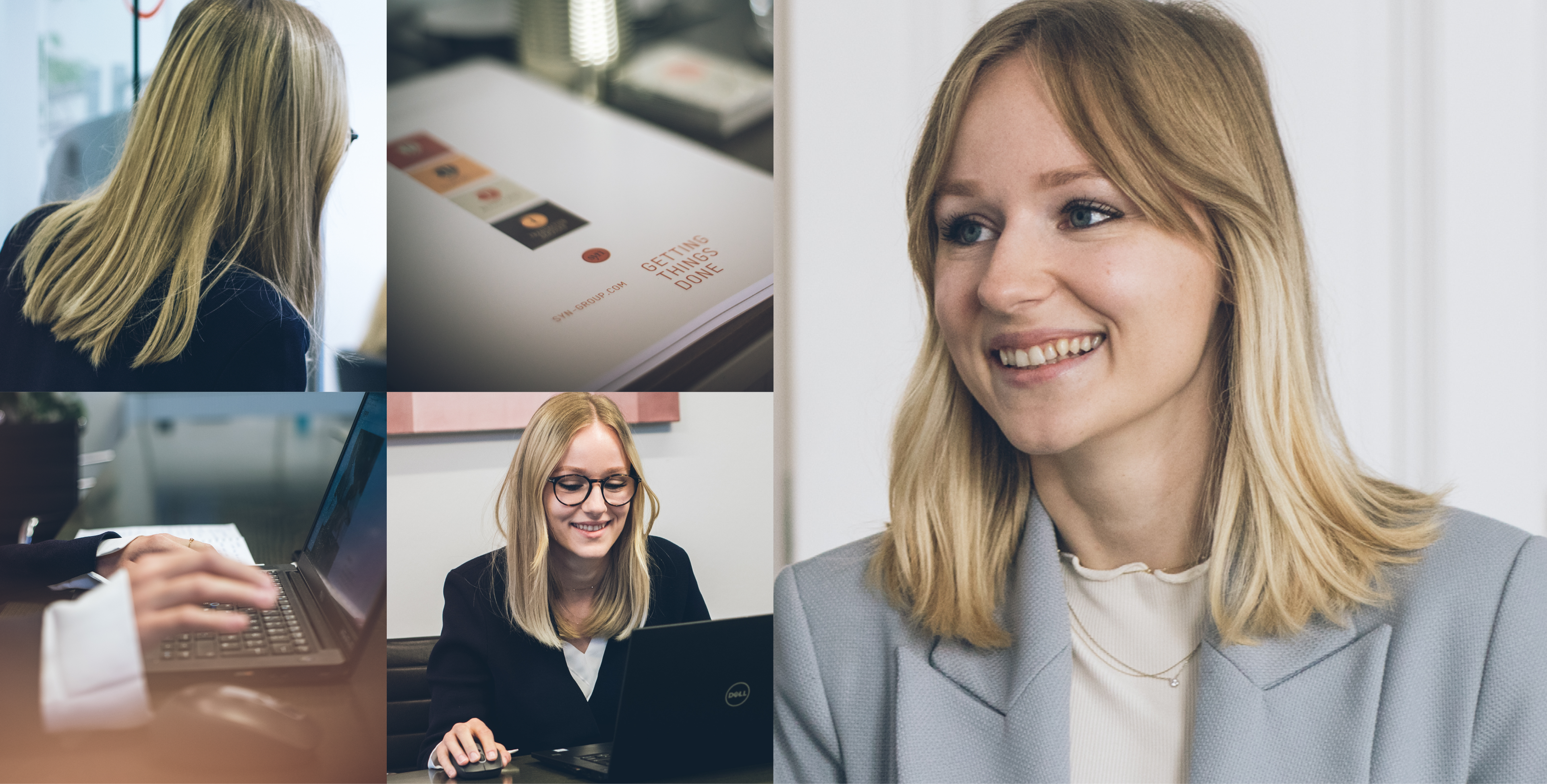

I think I would ask myself how I see the chances of us achieving our internal target of 50% growth by 2025. We want to achieve this 50% growth in terms of sales, headcount and regional coverage.
I think the opportunities are very good. There are still more than 5 years to go, so that would mean 10% growth per year, which is not too ambitious. In contrast to others, we have always focused on solid growth, because first and foremost we have to safeguard the high level of quality we owe our customers. And this Syngroup principle has definitely proved its worth.
To be successful, Syngroup has had to continually renew itself over the past 25 years. We always had to have our finger on the pulse, think ahead, identify, analyse and reprioritise issues. Almost three quarters of our clients are repeat clients whom we have accompied during their periods of expansion. That is a privilege. And no client works on the same issues for 25 years – even though digitalization will most probably remain a viable topic for even longer.
But if consulting companies cannot anticipate the significance of global developments or the potential of new opportunities, or fail to create stability in the area of internal organization and employee loyalty, many examples show that their life cycles can also be very short.
In any case, in recent years we have not only greatly expanded our methodology and areas of competence, but we also have a much broader base in terms of content and industry mix.
We grew up with manufacturing industry, but recently we have also been able to support a number of retail companies and vertical retailers. Bene, for example, was a major restructuring case that we were able to support successfully, and we are currently working with Wolford. It is of course a great pleasure to be able to play our part in ensuring that large Austrian companies, well-known brands to a certain extent, can continue to exist and also have a successful future ahead of them.
Syngroup’s central USP is and remains our ability to support customers in transformation processes of all kinds, internationally.
For example, roll-outs of best practice processes, group-wide standardized production systems, the development of agile organizational structures or post-merger integration after a successful acquisition. In any case, with our promise to accompany customers successfully worldwide, we have been able to win several large, globally active customers.
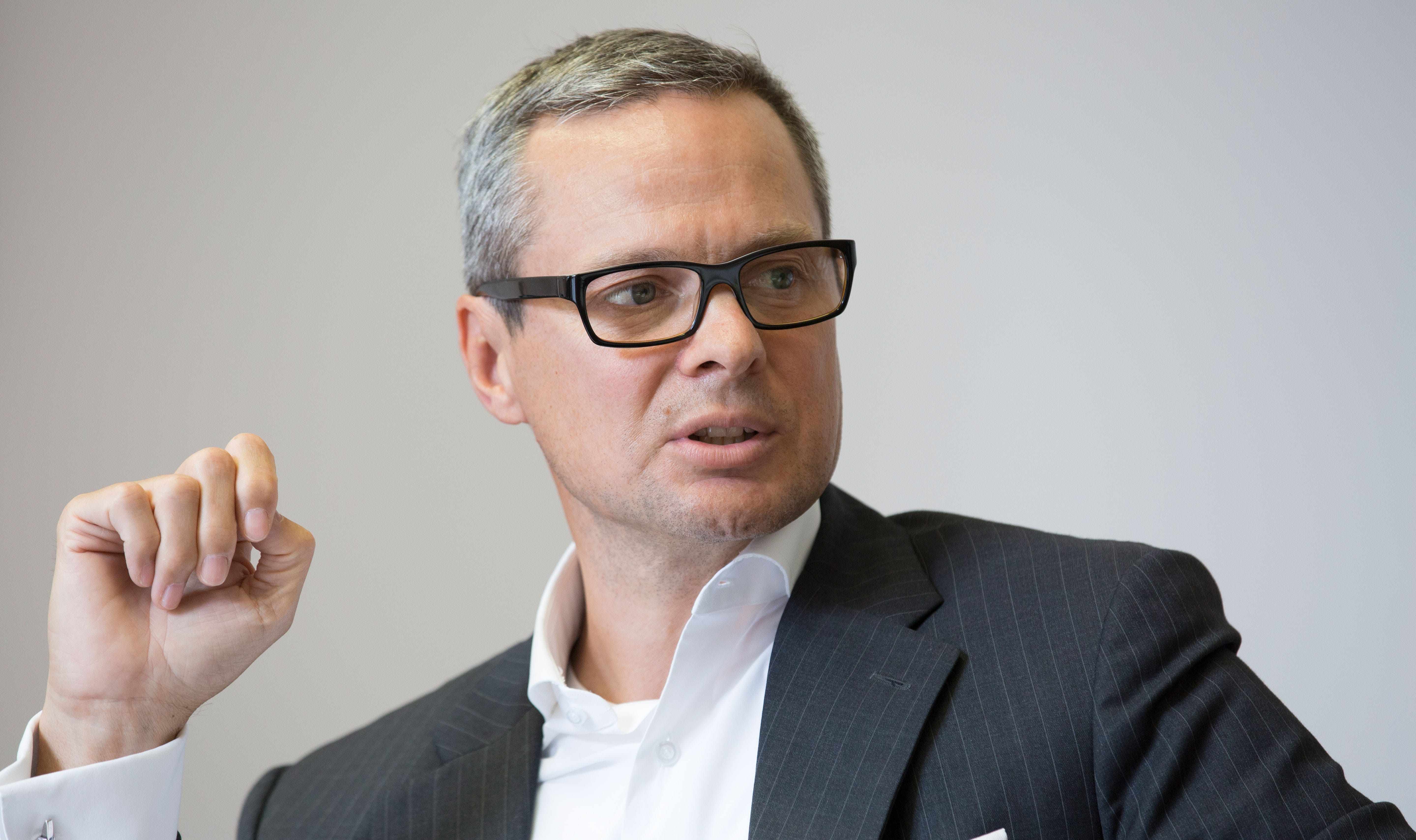
Yes, to a certain extent we are a test laboratory for new forms of organization. For example, every employee has “his” or “her” advisor who accompanies and supports him or her in terms of knowledge, skill and social competence. Basically, our employees work in teams that are assigned to a Syngroup partner and to clients. For new projects, however, we use our entire employee pool: depending on the requirements, those employees are selected who are best suited to the task due to their skill profile. This means that the advisor remains constant, however each Syngroup employee moves in different constellations and works with different managers. The best people implement the project and then return to their original team. A win-win situation for customers and employees. So we live agile management methods internally, but also apply them to our customers.
The fact that we have to be agile and flexible with our customers is our daily bread. Especially in the analysis phase or with operational Due Diligence, when it comes to quickly creating clarity in complex and initially unstructured situations. Often we find ourselves in chaotic situations, reorient ourselves, check, receive data for analysis, which we immediately reflect on and play back, so that the next step can be taken on site. I always say that it is a bit like chess, where you have to react immediately and specifically to the move made by your opponent.
Over the years, Syngroup has become very strongly international, resulting in an increased local presence. We have done this on an ongoing basis: In part, we have followed our clients, but on the other hand we also wanted to work markets locally in Central European industrial regions. And so today we can offer our customers a European network of offices and enable our employees to pursue an international career. This is also an important asset in the battle for the best brains, in which we are still doing well, even though it is becoming more difficult. And traditionally we have a very low turnover rate in the company. In any case, in addition to the current 5 Syngroup offices, we will be setting up further offices next year, one of them in Leipzig, I can already tell you that much.
Probably, yes. In any case, it is because Germany as a location has a development advantage over Great Britain and Italy: We started to expand from Munich, then went to Nuremberg and will now open Leipzig. And Germany has boomed as a market in recent years, from which we have of course profited. We’ll talk about other German locations when everything is in place.
Absolutely. We have already taken on more than 10 new employees at the beginning of the year and more will join us in the coming months.
In recent years, consulting and IT services have grown ever closer together for some of our services, especially for medium-sized manufacturers and service providers. It was therefore a logical step to outsource our own programming. We had IT specialists at Syngroup for a long time who were responsible for providing assistance systems in the area of digitization or for the specification and selection of IT products. SynIT Services now combines IT solutions with comprehensive practical consulting: We have an overview of all areas of an industrial company, from production to the product to business models.
With pleasure. In short, Syngroup is all about thinking, planning and acting to help the customer establish – or maintain – a sustainable competitive advantage. In implementation, we work with operations or business models that we have developed. In it everything revolves around the triumvirate process, system, people. Here I would have to go back a little –
In principle, our concept of business excellence is about setting up processes in the best possible way. In many cases this works much better with IT support. So when I define the optimal process, I have to develop systems that support these processes in the best possible way so that the effort is as low as possible. Routine tasks can be delegated to a machine, i.e. to the software, so that the employee is relieved of mundane tasks as much as possible and can concentrate on those things that really add value to his or her organisation. Syngroup acts locally with and within this triumvirate of process, system – that is, key indicators, software networks or organizations – and people. The third, ultimately decisive issue: How can the employee best serve the processes within the existing systems in order to develop and maintain a sustainable competitive advantage in his own team, in his department, on-site and ultimately for the business as a whole? And above all: How is he or she doing? We answer these questions in our work.
Yes, I would see it that way. Since „zero hour“, we have been quite naturally doing what our competitors, especially the major international players, have only recently been claiming to do: Implement sustainable solutions; work with clients until the desired change has been achieved and felt throughout the entire company, by each individual. We go the extra mile, we go into problems in-depth , but with the claim that the benefits will be delivered. The change only becomes sustainable when you develop ideas with your clients and their employees who say after implementation: „This is exactly what we want, it’s exactly what is needed.
That’s the way it is. But it’s very time-consuming. My aim, which I pass on to Syngroup teams, remains the same: I want to understand the customer’s organisation better in a short period of time than the customer understands it himself. That’s a very, very high demand, I know, but the feedback we get from customers over and over again confirms its effect. Recently, a new international client we won – with 45 sites in North America, Europe, Asia and Africa – certified that our methodology, approach, depth of analysis and responsiveness to people are simply impressive. Our work is extremely well received there, considering that a large international consulting firm is also working for the client in a different area and where he cam make a direct comparison. “The difference is 100:1,” they said. That is of course is greatly satisfying for all of us.
Yes, we are well on our way, we are growing, we are constantly gaining new customers and we are only giving away very few. But there are also areas and sectors where we are not yet where we want to be. The playing field – especially in Europe – is still very large. With our almost 100 employees, we can make a difference, but there are the big international consultancies, which have 10,000 employees. The question arises: Can Europe tolerate a Syngroup with 500 employees? I would say, yes.
We had to deal with restructuring in advance. If a customer has many locations around the world, one or the other will experience a crisis situation for a variety of reasons. This is unavoidable given the different national circumstances. And we had to take countermeasures in a timely and comprehensive manner. This topic clearly overlaps with our concept of Business Excellence. And if you can achieve business excellence for your clients, banks, for example, which usually carry out restructuring, will trust you to be able to recognize crises at an early stage and manage them successfully. We have finally established restructuring as a fully-fledged offering within Syngroup, also by taking on restructuring specialists.
As far as Investor Services is concerned, we wanted to respond to the needs of a number of customers by working for them in this area as well. In this case, it is our deep insights from many years of working in the industrial sector, our ability to distinguish good from mediocre and low-performing companies, which enables us to assess the value of investments more realistically and to identify and evaluate investment opportunities. We can also search for and, above all, find companies that choose not to enter the M&A market. This puts our clients in a much better position when it comes to buying, we can better control how the whole process works and in the end there is a much better FIT between client and target. Investor Services has long since developed into one of Syngroup’s mainstays.
This question should actually be considered in a more nuanced way, first of all by country, sector and an organisation’s current situation.. It makes a big difference whether the company is Top-quartile in its peer group or struggling to survive. And also the industrial sector matters:- whether it is the chemical industry, pharmaceuticals or engineering, automotive, or the food industry etc. – is an important factor. But of course you can include the general economic outlook and related problems – such as a shortage of skilled workers – in a more general assessment. The markets are cooling off. But we‘re not be talking about a recession, we‘re talking about slower growth.
In any case, all companies – more than ever – have to think about their strategic positioning in the age of digitization. They have to consider exactly how they can apply these new technologies themselves and whether others are already doing so in their sector and therefore setting new rules. They have to ask themselves whether they can learn something new from other sectors, they have to question their business model and possibly develop a completely new ones that are tailored to the digital age.
No small task, certainly not. But every company that wants to be successful in the future has to worry about the extent to which digitization will change its product now and in the future. Once this question has been clearly addressed, the efficiency of operational processes throughout the entire value chain from purchasing and sales to production and administration can be meaningfully explored. The potential for improvement can then be implemented quickly and sustainably. In any case, you have to roll up your sleeves as quickly as possible.

So the discrepancy between the USA and Europe in terms of the digital economy is unfortunately enormous. While the US Internet and computer giants are at or above the trillion dollar threshold or in the high three-digit billion range – Microsoft, Apple, Amazon, Alphabet, the Google mother, Facebook, etc. – the only comparable European company, SAP, is worth $145 billion.
That’s the way it is. Yes, Europe is the country of engineers and product developers. America, on the other hand, has clearly shown that software-based business models can overrun many. Asians are following suit and will do the same. Europe has simply overlooked the trend towards these digital business models: if I have a product that is infinitely scalable, I “only” have to give users access to the product. I can produce it anywhere in the world, i.e. develop the software. And once I’ve finished it, it’s all about making it available to as many people as possible. You then have virtually no costs compared to physical products that require equipment or manufacturing facilities. Therefore, there is a big difference. Just one example from the automotive sector: In Europe, people have been arguing for years about diesel, discussing electromobility – in the USA they talk about autonomous driving. We’re talking about technology, Americans are talking about user needs and new business models – with far-reaching consequences.
We don’t see them all as bleak, no. Of course, there are big challenges that companies face, they have to become more cost-efficient in many areas, they have to become more innovative in their business models. A situation that naturally offers great opportunities for Syngroup as a consulting company. But to reverse or at least weaken the trend, the economic policy environment must also be taken into account. Of course, it would be an important first step to ensure all companies trading in Europe have to pay the same taxes. But this is an area where we as Syngroup cannot contribute anything. So let‘s leave it at that.
So, despite everything, we believe in Europe as an industrial location. It must – and I am simply saying this now – adapt, develop and reposition itself. The challenges I have just mentioned and rapidly changing international competition will demand everything from him?, but I think that Europe’s strength in innovative and, let us say, its intellectual capability will ultimately prevail – and politics will not get in the way, to put it in a somewhat loose way. In any case, this will require both cost leadership and innovation on a level that we have not dreamed about in the area of new technologies – especially environmental technologies, clean energy, recycling and so on. And our advisory services should make exemplary contributions to achieving international competitiveness also in the sense of sustainable management.
